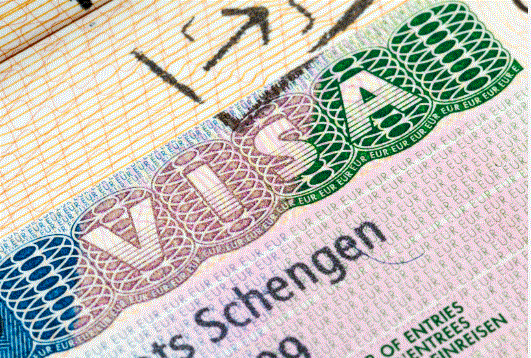According to a new report from Henley and Partners, Africa has emerged as the region with the highest visa refusal rate in 2022, despite having the lowest number of visa applications per capita. The report sheds light on the challenges African travelers face when seeking entry into European countries.
Africa’s visa refusal rate stood at 30%, topping the list of global refusals. The data revealed that even though Africa had a lower number of visa applications compared to other regions, the rejection rates were disproportionately high. For instance, Algeria recorded 392,053 Schengen visa applications, with a staggering 46% rejection rate. Similarly, countries like Guinea-Bissau, Nigeria, Ghana, Senegal, and Mali experienced refusal rates ranging between 40% and 45%.
Commenting on the findings, Mehari Taddele Maru, a professor at the European University Institute, highlighted the apparent bias against African applicants within the European visa system. Maru noted that despite justifications based on security or economic concerns, the visa system exhibited discriminatory tendencies toward African travelers.
European states often cite “reasonable doubts about the visa applicants’ intention to return home” as grounds for rejection. However, critics argue that such criteria contribute to systemic biases and hinder the mobility of African citizens, impacting opportunities for education, business, and tourism.
The disparity in visa refusal rates underscores broader issues of inequality and discrimination in global mobility. African travelers face additional hurdles due to factors such as limited access to information, financial constraints, and complex visa application processes. These challenges hinder the continent’s integration into the global economy and impede cross-cultural exchange and cooperation.
Efforts to address these disparities require a multifaceted approach, including advocacy for fairer visa policies, enhanced transparency in the visa application process, and increased collaboration between African and European governments. By fostering greater inclusivity and equity in travel policies, stakeholders can promote genuine dialogue, understanding, and cooperation between continents.







